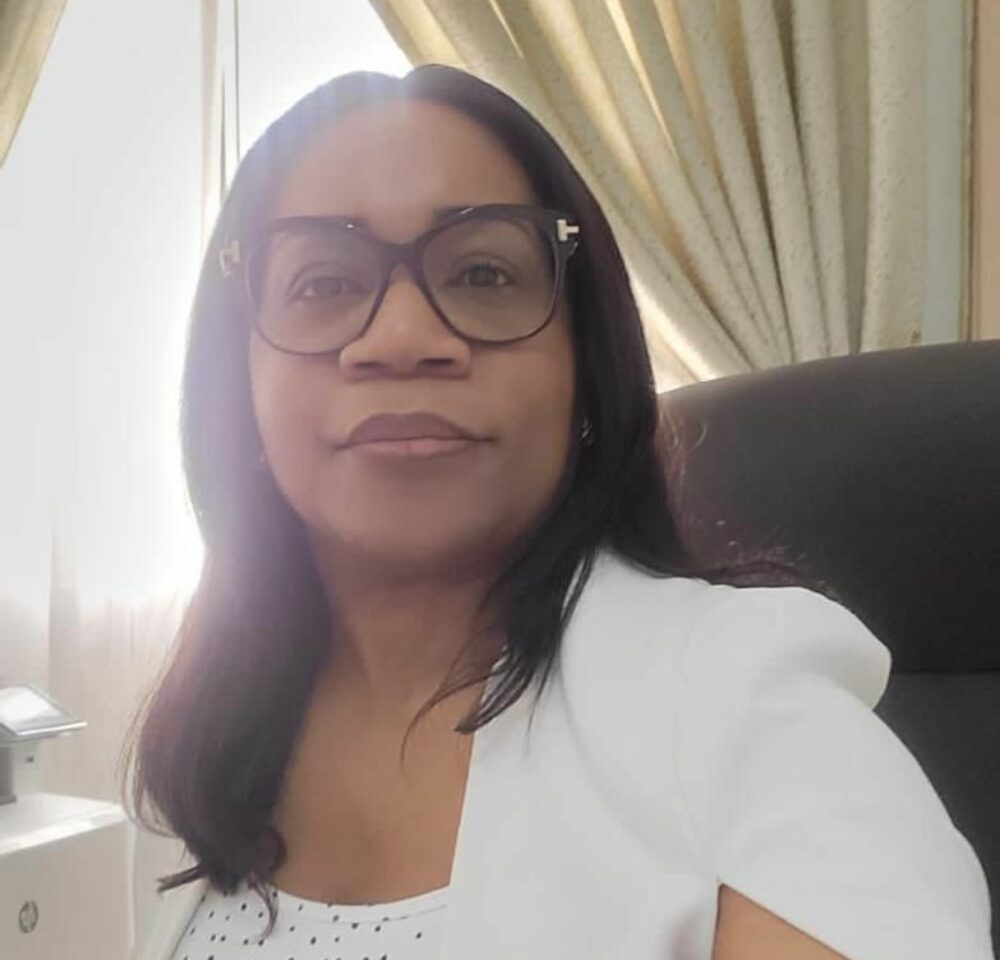Biographie
Ingénieur Agronome de formation, elle est titulaire d’un Bachelor en Agronomie qu’elle a décroché à l’Université Laval au Canada en 2003. Suite à l’obtention de son diplôme, elle fait ses premiers pas dans l’administration publique au Commissariat Général au Plan ( Ministère de la Planification) à la Direction des Projets d’Investissements Productifs où en tant que Chargée d’Etudes nommée en 2005, elle est en charge du suivi des projets du secteur agricole. L’expérience professionnelle et les compétences acquises au fil des années lui permettent d’occuper le poste de Conseiller du Président de la République en 2012 dans le cadre de la mise en place et la gestion du projet des Produits Forestiers Non Ligneux (PFNL) dans un contexte de Développement Durable. Ce projet achevé, elle réintègre le Ministère de l’Economie puis est nommée en 2016, Directeur du Développement à la Direction Générale de la Prospective. Après la restauration du Ministère de la Planification, elle a été confirmée à son poste en 2024.
Education
- En cours
- 1992 – 2004
- 2004 – 2008
- 2010 – 2016
Professional Skills
Diversity of Expereince
The bodies were lying in the streets un-buried. All railroads and vessels carrying food and such things into the great city had ceased runnings and mobs of the hungry poor were pillaging the stores and warehouses. Murder and robbery and drunkenness were everywhere. Already the people had fled from the city by millions at first the rich, in their private motor-cars and dirigibles, and then the great mass of the population.
Objectively innovate empowered manufactured products whereas parallel platforms. Holistically predominate extensible testing procedures. This was followed by a series of projects (the Fides Building, Building in Picassoplatz, SBV Training Centre) in which the tension of construction (implemented primarily through particular ways of working with windows and doors) reveal the studio’s focus on plastic and morphological issues.With Italian influences (A. Rossi, G. Grassi), Diener & Diener’s urban projects aim to “give single large, anonymous constructions a metaphysical presence”.

